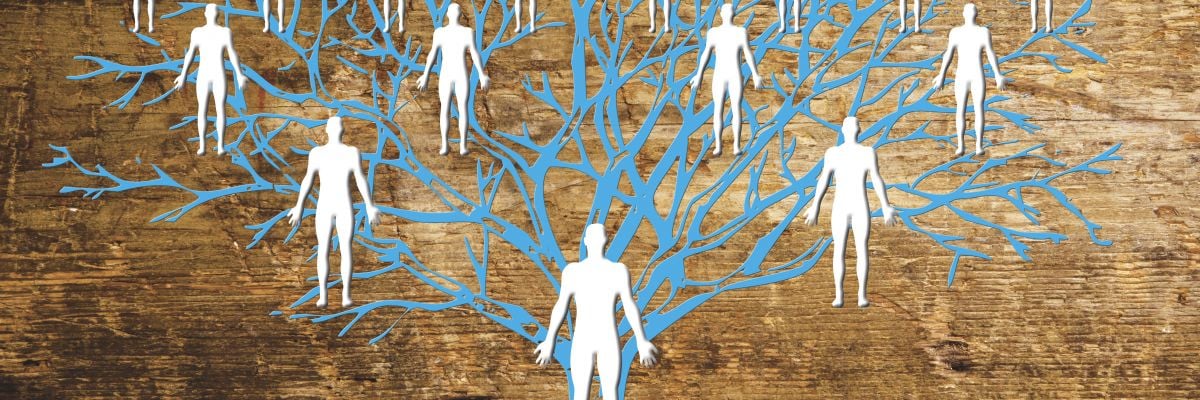
Question:
Answer:
The testimony of the ancient rabbis is that Cain and Abel married their sisters, as this answer on an Orthodox Jewish website affirms, although the opinion proffered why Cain killed Abel is problematic, because it can give the impression that God formally approved—vs. tolerated—polygamy among Adam and Eve’s children, which would contradict Genesis 2:23-24. That Cain and Abel married their sisters is also logically inferred from the Church’s doctrine of original sin. Original sin is passed on to all human beings from our first parents, Adam and Eve. As St. Paul says, “Sin came into the world through one man” (Rom. 5:12; see Rom. 5:19-20 and Catechism of the Catholic Church 402-06).
The typical response is, “How could God sanction incest, even if only for a limited time?” The short answer to your question is yes because, unlike fornication and adultery, there is nothing morally wrong with intermarriage within the first generation of offspring for Adam and Eve. They had no choice of spouse except their siblings. (In contrast, incestual relationships in the direct line—i.e., between parents and children, grandparents and grandchildren, etc.—are intrinsically immoral and thus never justified, because they violate the nurturing and other parental roles that parents and grandparents are to provide and that children and grandchildren have a right to expect [Gen. 9:18-25; 1 Cor. 5:1, 4-5; Code of Canon Law 1091.1].
Beyond the first generation there arise concerns regarding incestual birth defects and inbreeding that will impair, not foster, family ties and the covenantal expansion of the family of God. Because of these concerns, there developed proscriptions against incest in both the Bible and modern Church canon law (see Lev. 20:17; Code of Canon Law 1091.2).
As a result of original sin, disease and other defects began to plague man, culminating in death. These diseases and defects are more likely to be passed on via procreation within incestual unions. However, because Adam and Eve were created directly by God, this was not a major concern for children procreated through the intermarriage of their first-generation sons and daughters; the gene pool had not been impaired as it would be in successive generations. The ancient rabbis teach that Adam and Eve had upwards of twenty-five sets of twins, so there would certainly be no need for incestual unions to continue after the first generation of their offspring.
Incest beyond the first generation is also problematic because of social and religious reasons. God tells man to be fruitful and multiply and subdue the earth (Gen. 1:26-28). A man is supposed to leave his father and mother and cleave to his wife (Gen. 2:23-24). Marriage is not only an important social institution but, more important, a crucial religious institution that creates rights and duties between parents and toward their children (CCC 1631). Furthermore, Christ told his apostles to make disciples of all the nations, and marriage is a crucial means for expanding the covenantal family of God.
Because of a concern for birth defects and because incest beyond the first generation of Adam and Eve’s offspring would undermine the strengthening and expansion of the family of God, Leviticus 20:17 can rightly say that incest is a “shameful thing.”



